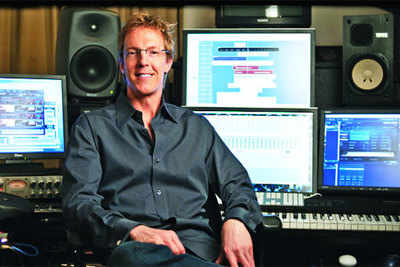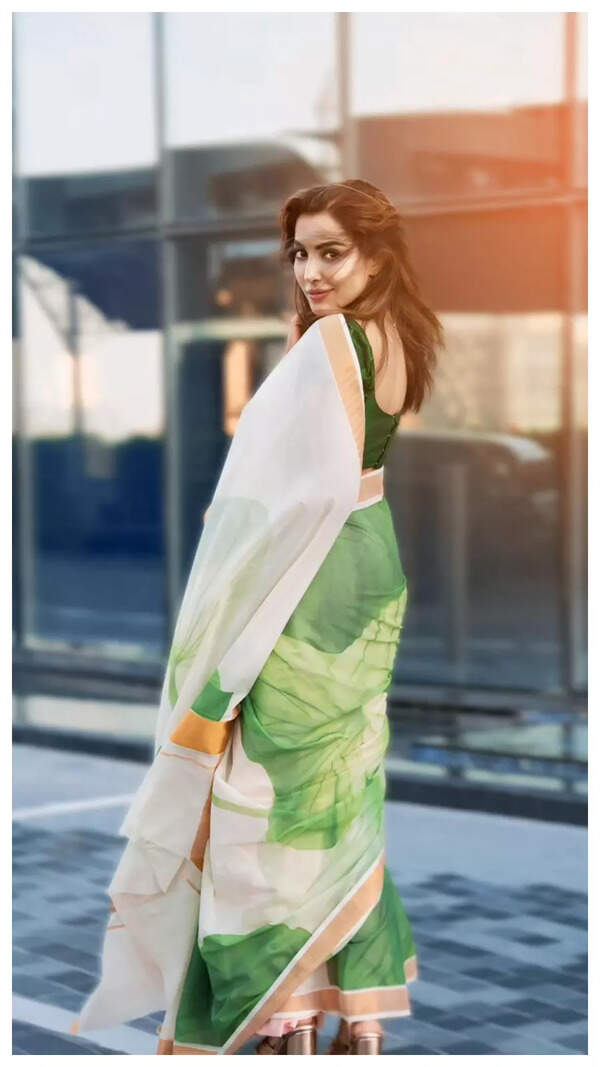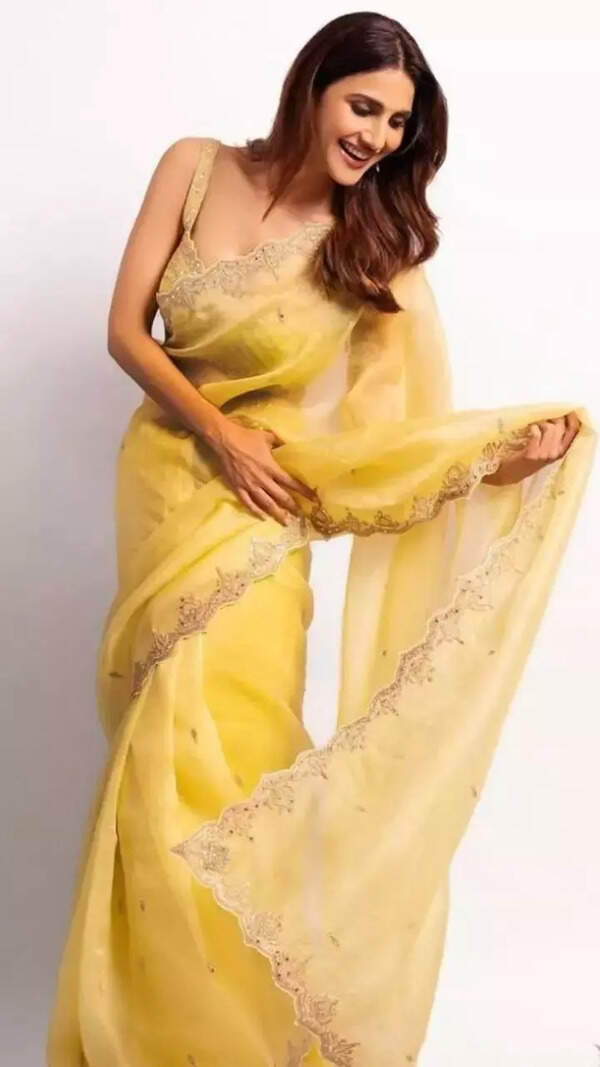- News
- entertainment
- hindi
- music
- Bollywood’s now come into the Hollywood eye: Wayne Sharpe
Trending
This story is from December 10, 2011
Bollywood’s now come into the Hollywood eye: Wayne Sharpe
American composer Wayne Sharpe, who’s worked on four Prakash Jha films, feels that Bollywood’s now come into the Hollywood eye

In an interview with DT from New York, Wayne says, “It’s been a tremendous experience to work in another country and be a part of the whole Bollywood process which is world famous.

Excerpts from a conversation with him:
When were you first introduced to Bollywood (and Prakash Jha), and why did you decide to become part of the industry?
I was first introduced to Prakash through a mutual friend way back in 2000. He was visiting NYC at the time and I invited him to my studio to hear the music I was working on. We discovered almost immediately that we had a lot to offer each other creatively and as collaborators. Soon after, he invited me to India to compose the music for “Gangaajal” and to see the film shoot. This was a great experience and adventure for me. Being on set in India, I got a better sense of the visual aesthetic of the film, which aided me in crafting the musical world for the score. We have been collaborating ever since – on “Apaharan”, “Raajneeti”, and this year on “Aarakshan”. “Raajneeti” was a very special project for me. It was Prakash’s biggest film till date, and I had the pleasure of working with Gulzar, Shankar Mahadevan and
Sonu Nigam on the song I composed, “Dhan Dhan Dharti.” Most recently, I worked on Prakash’s film “Aarakshan”. Prakash and I make a great team. I hope to do many more films with him.
I’ve also had the pleasure of working on Sanjay Chauhan’s “Lahore,” Tanuja Chandra’s “Hope And A Little Sugar,” and Mangesh Hadawale’s “Dekh Indian Circus”. I am now looking forward to scoring his next film, which is a science fiction film to be shot in 2012.
Why did you agree to be a part of Bollywood? Has it become a more lucrative industry than it was, say, a decade ago?
I’ve always had a love and fascination with Indian and Middle Eastern music. A friend of mine introduced me to the film “Taal”, and I was blown away by the music and the effect it had on the film. I knew at that point that I wanted to work with Indian filmmakers and musicians. Then, after being introduced to Prakash, I had the opportunity to work with someone who wanted to see what could be achieved by blending Indian music with Western scoring practice. This was an immensely fertile creative collaboration for me, which has allowed me to create music I would not have had the chance to create outside of India.
The scope and direction of Indian films is definitely growing into a more international model. Bollywood is receiving more investment today than 10 years ago and directors are looking to work with film professionals in the global industry. The overall budgets of Bollywood films have increased dramatically in the past decade. However, since the financial crisis, film budgets around the world have been tightened, none more so than in Hollywood. The effects are felt in Bollywood and while investment has increased, this has not necessarily been translated into a more lucrative profession for the artistes involved. What is clear is that there is a lot of interest in Indian cinema from the West, with major studios opening up divisions and seeking to work with Indian filmmakers with greater and greater frequency.
I’m currently working on Sanjay Chauhan’s new science fiction film which will feature visual effects from a major Hollywood production house as well as an American cinematographer. In this case, Sanjay has a very specific visual aesthetic in mind and he has sought out the same VFX crew that is behind the films that inspired him. We are working on crafting a unique musical palette that is going to be unlike anything I’ve worked on till date.
Prakash and I are also talking about collaborating on his next two films.
Why do you think so many big foreign names from the music and cine industries have started visiting India with significantly greater frequency now? Is it just ‘soft power’ or the money or something else?
I feel that it is a combination of the international film industry seeking new outlets for expression, and also studios and investors bringing their business to India to work with the talent of Bollywood. It has become somewhat of a chain effect; when one studio does it, all the rest will too or they get left behind. Bollywood has now really come into the Hollywood eye, with all aspects of the industry seeking to work in India.
India has become quite a force in the new media landscape, with their quick adoption of new technologies. Creating a score in India and in Hollywood is not very different in terms of technological resources. The resources available to us as western composers are available in India also. However, the West will allocate more time and money to the background score in relation to the overall cost of the film. The production of the score tends to still be rushed in India, but things are changing.
Indian cinema is becoming more internationally recognized as the films themselves aim to have a broader appeal. The American film industry has taken note of this and wants to see the development of a mutually beneficial relationship for both film industries. As this relationship is fostered, we will continue to see an increase in the distribution of Indian cinema, as well as more and more Bollywood actors crossing into Hollywood films and vice versa. This in turn will bolster Bollywood’s position on the international stage and bring the films that so many Indians enjoy to the world.
End of Article
FOLLOW US ON SOCIAL MEDIA









